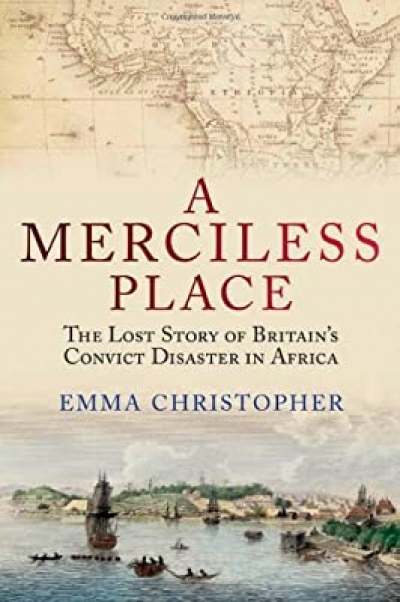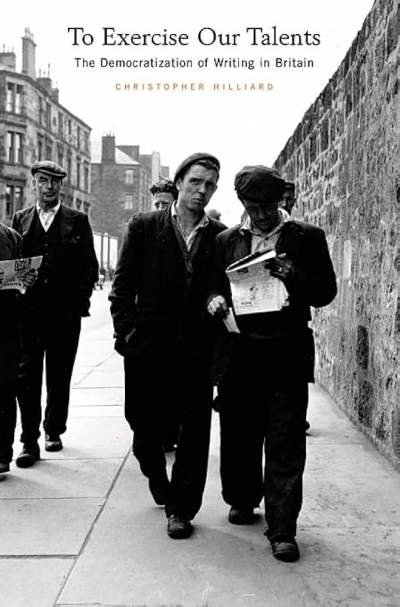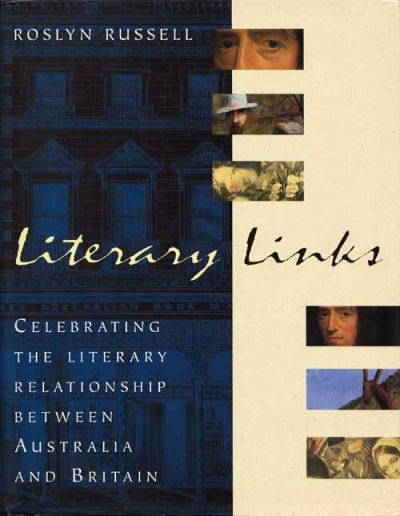Unsurprisingly, Australia leads the world in the production of close-grained studies of convicts sentenced to transportation. Since 1788, it’s what we do. Emma Christopher proves herself to be a crackerjack at tracking down just about anyone who ever stood before an eighteenth-century court. She reels off their crimes, social origins, associates, aliases, lovers, victims, favourite haunts and previous convictions like a bailiff of long experience. What is more, she appears to possess an encyclopedic knowledge of the alleys, lanes and bolt-holes of every city in the British Isles. So stupendous is her talent for conjuring up the atmosphere of the times that most readers will forgive her for too frequently slip ping into the archaic language of the documents she studies.
...
(read more)



